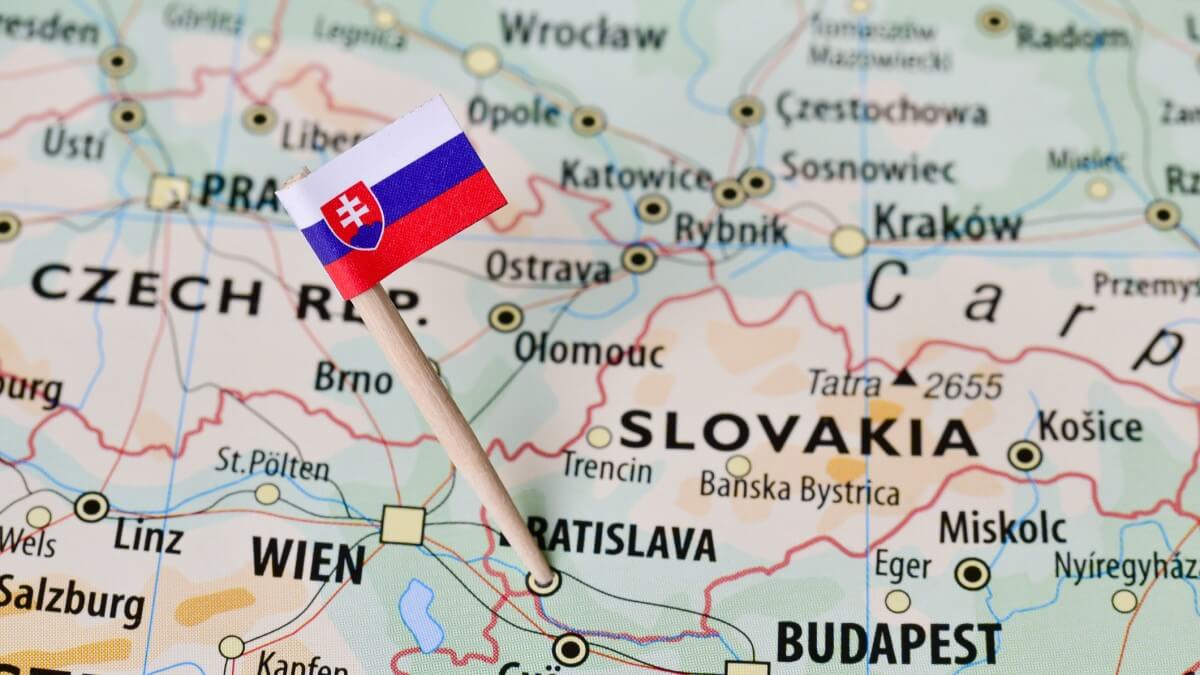Ciberseguridad en #espacio: cómo se está enfrentando Thales a los desafíos que están por llegar
Europe News

Continental enterprise acknowledged data theft
On Monday 7 November 2022, the company Continental acknowledged that following the cyber attack they suffered in August, approximately 40 terabytes of data had been exfiltrated. The investigation by cyber experts after the incident continues as the company also announced that no data had been encrypted, allowing business to continue. It should be noted that on 4 November, LockBit 3.0 claimed responsibility for an attack on Continental, although it is not known whether this is the same attack as the one that took place in August. Read more about it : here

The Italian company Norgine Italia was hit by the cybergang Kelvin Security
On November 12, 2022, the cyber criminal group Kelvin Security claimed on Breach Forums a cyberattack against Norgine Italia. In this claim, it is stated that 3.15 GB of data has been exfiltrated from the system and that this data contains documents of various types, such as PDFs, DOCXs and XLSs. A link has also been provided to contact the seller and make purchase arrangements. This message was not only posted on Breach Forums, but also on the gang's Telegram channels. Read more about it : here

LockBit group claims responsibility for attack on Czech arms supplier and manufacturer DSS defence and security service
According to the media outlet Ransomwaremap, the cybercriminal group LockBit 3.0 claimed responsibility for a ransomware attack against the Czech security and weapons production company "DSS" on 16 September. The company has until 23 September to pay the ransom and recover 200 gigabytes of stolen data. According to LockBit, the data contains arms contracts and customer data of DSS. Read more about it : here

The French municipal network “Ecume” has been hit by a cyber attack
According to a press release dated 16 October 2022 from the French community of communes "Entre Bièvre et Rhône", the network called "Ecume" used to link the media libraries together suffered a cyber attack on Thursday 13 October. As a result, the network will be unavailable for an indefinite period of time, preventing access to all the services normally provided. Read more about it : here

New russian hacktivists group targeting Slovakia
A new group of pro-Russian hacktivists emerged via an attack claim on 5 October 2022. The group calls itself "We are Clowns" and claims to have launched a DDoS attack against the website of the Human Rights Centre in Slovakia. The group also stated the duration of the attack when it was carried out, namely two hours. The creation of this group and its attack on a Slovakian site is part of a new campaign by various Russian groups targeting countries supporting Ukraine's membership of NATO. Read more about it : here

LockBit 3.0 claim attacks on coffeeberlin.com and software-line.it
According to the media outlet Ransomwaremap, the cybercriminal group LockBit 3.0 claimed responsibility for a ransomware attack on 16 September on the websites "kaffeberlin.com", a chain of cafés and restaurants in France, and "software-line.it", a group of computer system designers in Italy. Kaffeeberlin has 14 days and software-line 7 days before the stolen data is published. Read more about it : here and here
The town of Chaville hit by a cyber attack
During the night of 14 to 15 October 2022, the computer servers of the Chaville town hall were the victims of a large-scale cyber attack. As a result, the main services associated with the town hall's servers were interrupted or disrupted. The cybercriminal group Cuba claimed responsibility for the attack on 18 October, confirming the ransomware attack. The impact of this attack could be significant if the town hall's servers are affected, beyond just some of the computers on the network. If the servers are down, it is possible that important data such as residents' personal data will be lost, but also that the council's services will be unavailable until the servers are replaced or the ransom is paid. Read more about it : here

TeamOneFist claim to have attacked russian Satelite
One of the spokesmen for the pro-Ukraine hacktivist group TeamOneFist claimed responsibility for a major attack on the Russian satellite network "Gonets" during the "Pleiades" cyberoperation. The attack would have disabled the satellite network. He claims to have penetrated the CRM/customer database, which is referenced by the network in order to send/receive messages. Having failed to download the database, which was under heavy surveillance, the group decided to destroy it without being detected. From this data, the group discovered that the Gonets network was used by 97 organizations to transmit sensitive data, including fishing companies, energy companies and the FSB. Read more about it : here

French Cahors hospital targeted by a cyberattack
The French hospital in Cahors was the victim of a cyber attack on Thursday 15 September. The attack mainly affected the hospital's internal messaging system, so patient care is continuing as normal. Internet access has been restricted in the hospital to ensure the security of the health facility. Patient data is not affected as it is hosted by another service provider. For the time being, the attack has not been claimed. Read more about it : here

University of Ansbach targeted by a cyber attack
On Thursday 20 October 2022, the German University of Ansbach was the target of an attack by cyber attackers. The attackers have not yet been identified and have not claimed responsibility for the attack. The targeted server could be isolated from the rest of the network, which prevented the attackers from doing significant damage. For security reasons, all access has been blocked for staff and students and it is not possible to connect to any of the university's computers. Virtual seminars are also expected to be partially cancelled. In view of the measures taken by the university, it is possible that this attempted attack is similar to a ransomware attack. Read more about it : here